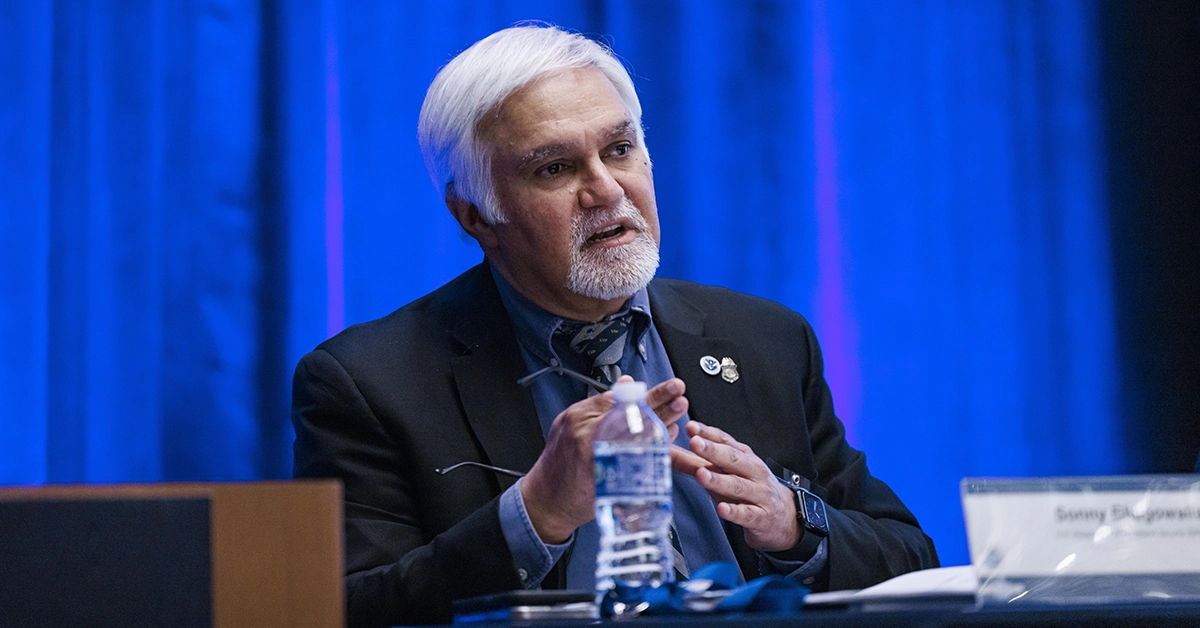
Four lawmakers have proposed a bicameral bill to strengthen U.S. scientific and technological edge through increased investments in the development and commercialization of emerging technologies.
Senate Democratic Leader Chuck Schumer (D-N.Y.) and Sen. Todd Young (R-Ind.) introduced Wednesday the bipartisan Endless Frontier Act with Reps. Ro Khanna (D-Calif.), and Mike Gallagher (R-Wis.).
The measure would change the name of the National Science Foundation to National Science and Technology Foundation and create a technology directorate within NSTF to advance research in 10 tech focus areas, including artificial intelligence and machine learning; high-performance computing; cybersecurity and data storage; and robotics, automation and advanced manufacturing.
The new directorate would get $100B over five years to fund research in 10 tech focus areas and would have program management, personnel and awarding authorities. The bill allows the agency to work with the Department of Commerce and other federal agencies to establish regional tech hubs.
The proposed legislation would authorize an additional $10B over five years for the Department of Commerce to assign at least 10 regional tech hubs to facilitate awarding of funds for investment programs.
“The coronavirus pandemic has shown the science and technology gap between the United States and the rest of the world is closing fast and that threatens our long-term health, economic competitiveness, and national security,” said Schumer. “To ensure our advantage, our bill treats scientific research as a national security priority and provides substantial new investments into funding critical research and development to build the industries of the future in regions across the country."





